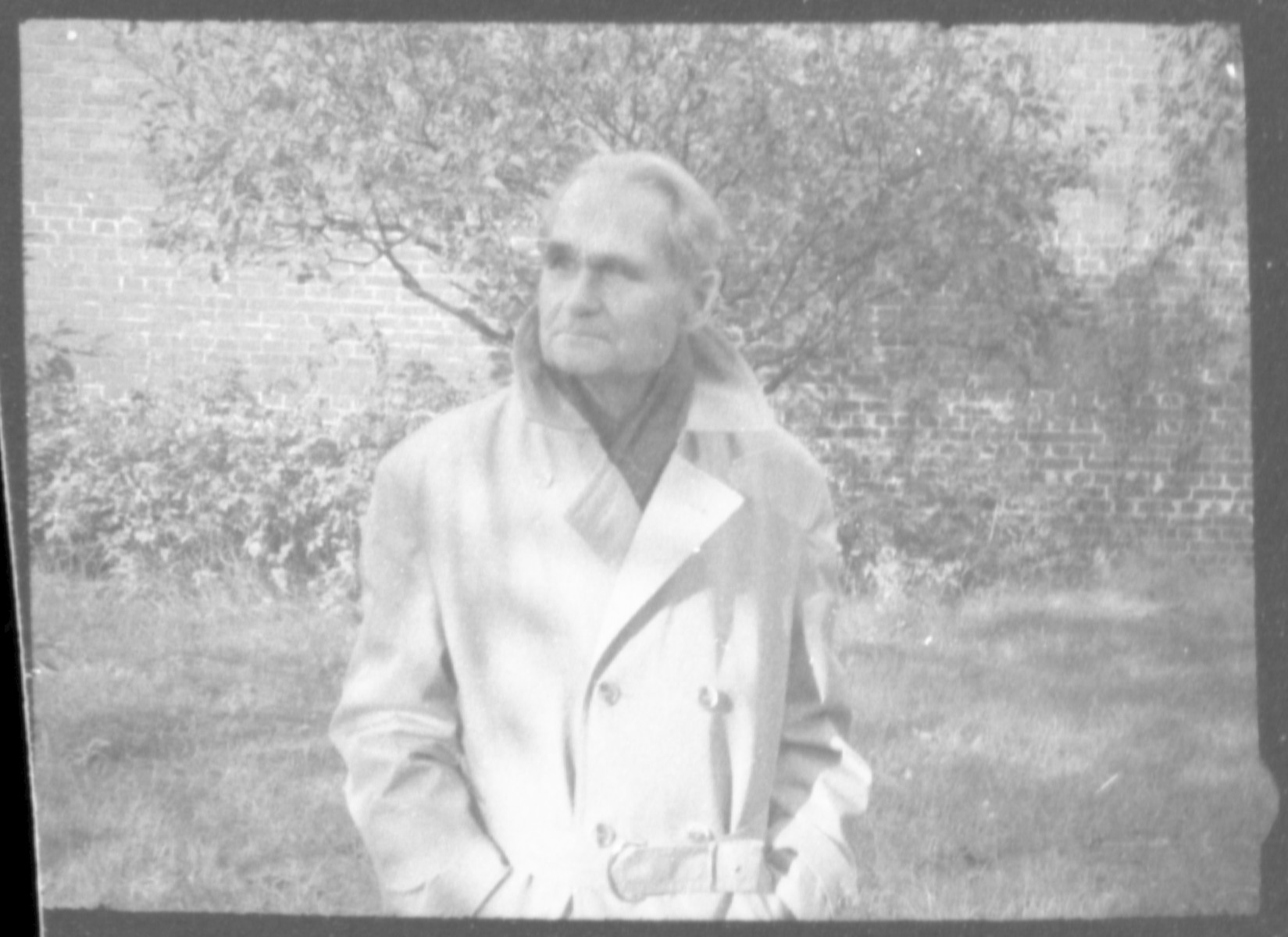When he died at Spandau in August 1987 – a murder whose circumstances I have analysed in an earlier article – 93-year-old Rudolf Hess was the last survivor of the Third Reich’s leading figures. He lived to see the accuracy of a prophecy that he made to British political leaders during his extraordinary peace mission in 1941.
Hess wrote:
“A genuine understanding with Germany would be, for England, a realisation of the efforts of Joe Chamberlain at the beginning of the century. It could have as a result the taking over by Germany of the role towards Russia which Joe Chamberlain, in his day, expected from Germany.
“…Germany has no wish to mix in the affairs of the British Empire. On the contrary, she wishes to have no causes of friction with her.
“The desire of Germany to avoid all causes of friction with the British Empire is evidenced by Germany’s refusal to strive after world domination, as has often been emphatically declared by the Führer. He explained to me that striving after world domination would only lead to irresponsible disintegration of strength. Germany needs these powers in the East, where her future lies. He would emphasise this in his political testament.
“…In conclusion: England must ask herself whether it pays her, at great sacrifice, to make the most precarious effort to conquer the Axis and, into the bargain, to strengthen with certainty, Bolshevik Russia as an immensely more dangerous opponent to her Empire.”

On Hess’s 130th birthday, neo-Stalinist Russia (though much weakened by chronic corruption) remains the constant threat to Europe that he prophesied.
A geopolitical vision dating back a century before national socialism, to the days of British Foreign Secretary Lord Palmerston, continuing through the era of Joseph Chamberlain and his son Neville, had at last become a practical possibility thanks to Adolf Hitler, Rudolf Hess, and Alfred Rosenberg. Yet the failure of Hess’s peace mission laid the foundations for decades of Kremlin power.
Certain forces in Britain feared that Hess’s mission stood a chance of success, so they plotted to murder him within weeks of his arrival. I have written about this earlier plot, and will soon publish a third essay on Hess and the forces of deception that derailed his peace efforts.
On today’s 130th birthday of the Deputy Führer, we should take a moment to reflect on his legacy and thank him for his sacrifice.

More than eighteen years before Hess’s death, the former King Edward VIII (who was forced to abdicate in 1936 and became Duke of Windsor) wrote about his case to Sir Oswald Mosley, the former cabinet minister who had sacrificed his own career at the start of the 1930s in an effort to break the paralysis of British politics by forming the British Union of Fascists.
The Duke wrote, on 24th January 1969:
“It seems incredible that such inhuman cruelty can still be inflicted upon a distinguished German who at least tried to stop that senseless Second World War, and save so much death and suffering.”
Much earlier, in August 1951, Lord Hankey – the former Cabinet Secretary who (as Sir Maurice Hankey) effectively recreated the 20th century civil service machinery – was even more explicit, not merely in a private letter but in a letter published by The Times.
Hankey wrote: “Surely an essential part of our programme of reconciliation and cooperation with our former enemies should be to wind up the war crimes policy which has had a five-year run without much benefit to anyone.”

Lord Hankey and most other well-informed Britons in the mid-20th century would have been appalled to see that this “war crimes policy” has not only run on into the 21st century, but that its historical and legal premises have been elevated into the pseudo-religion of ‘Holocaustianity’. Questioning this pseudo-religion is now the only form of blasphemy recognised in most of Europe.
And the “benefit” has accrued to the two most criminally aggressive nations in the world, each of which represents an existential threat to European interests: Vladimir Putin’s Russia and Benjamin Netanyahu’s Israel.



